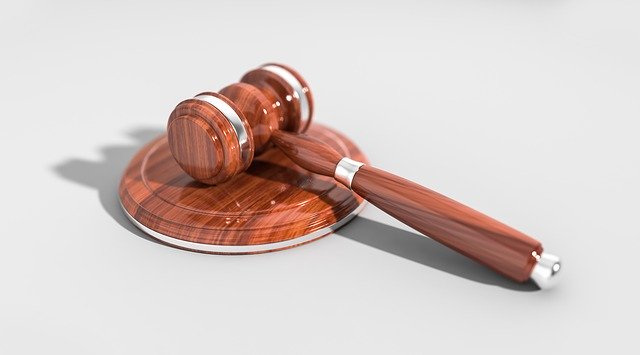The European Court of Justice (CJEU) has finally ruled on the Sky v Skykick case, essentially finding in Sky’s favor. The telecommunications and TV giant had brought proceedings for trademark infringement and passing off against Skykick, a provider of cloud technology services. In doing so, Sky relied upon its UK and EU trademarks for the term “SKY”, which cover a broad list of goods and services. Skykick had argued that Sky had no genuine intention to use the “SKY” mark in respect of many of these, and was, therefore, acting in bad faith.
However, the CJEU has now ruled that a trademark cannot be invalidated simply by reason of “a lack of clarity and precision of the terms designating the goods or services covered by a trademark registration”. Further, on the question of bad faith, the Court found that while registering a trademark with no intention of using it could show bad faith, in practice bad faith could “be established only if there is objective, relevant and consistent indicia tending to show that, when the application for a trademark was filed, the trademark applicant had the intention either of undermining, in a manner inconsistent with honest practices, the interests of third parties, or of obtaining, without even targeting a specific third party, an exclusive right for purposes other than those falling within the functions of a trademark”.
Kate O’Rourke, Partner and Trademark Attorney at Mewburn Ellis (and one-time CITMA Chair) told The Trademark Lawyer:
“This decision will be seen by Sky as a win for them and for all brand owners who file trademarks for a broad range of products and services, and will help brand owners protect potential business areas as well as their existing ones.
“The decision will also be reassuring for brand owners as it is clear that trying to invalidate a trademark for bad faith will still be difficult.
“Interestingly, with Brexit on the horizon, the UK courts may take an early opportunity to clarify the importance of the need for an intention to use a trademark on filing – a concept not seen as so important on the Continent.
“It will be interesting to see if the UK courts take an early opportunity to revisit any of the issues raised by the case. The original EU Withdrawal Agreement only enabled the Supreme Court to depart from the rulings of the CJEU until our domestic law diverges from EU law, but under the terms of the final version of the Agreement it will be possible for Ministers to specify the circumstances in which lower courts could reach a different decision. Could we see lobbying of Ministers on these issues? Perhaps unlikely on the main decisions of the case relating to bad faith and the breadth of specifications of goods and services as those were favorable to brand owners. However, the UK has always been committed to the key principle that an applicant for a trademark must have use or an intention to use that mark on the goods and services filed. The decision of the CJEU could be interpreted as reducing the strength of that local law provision, and there could well be a push back on that decision, perhaps even by the Supreme Court itself, particularly given the IP background of Lord Kitchin, one of the Justices.”










